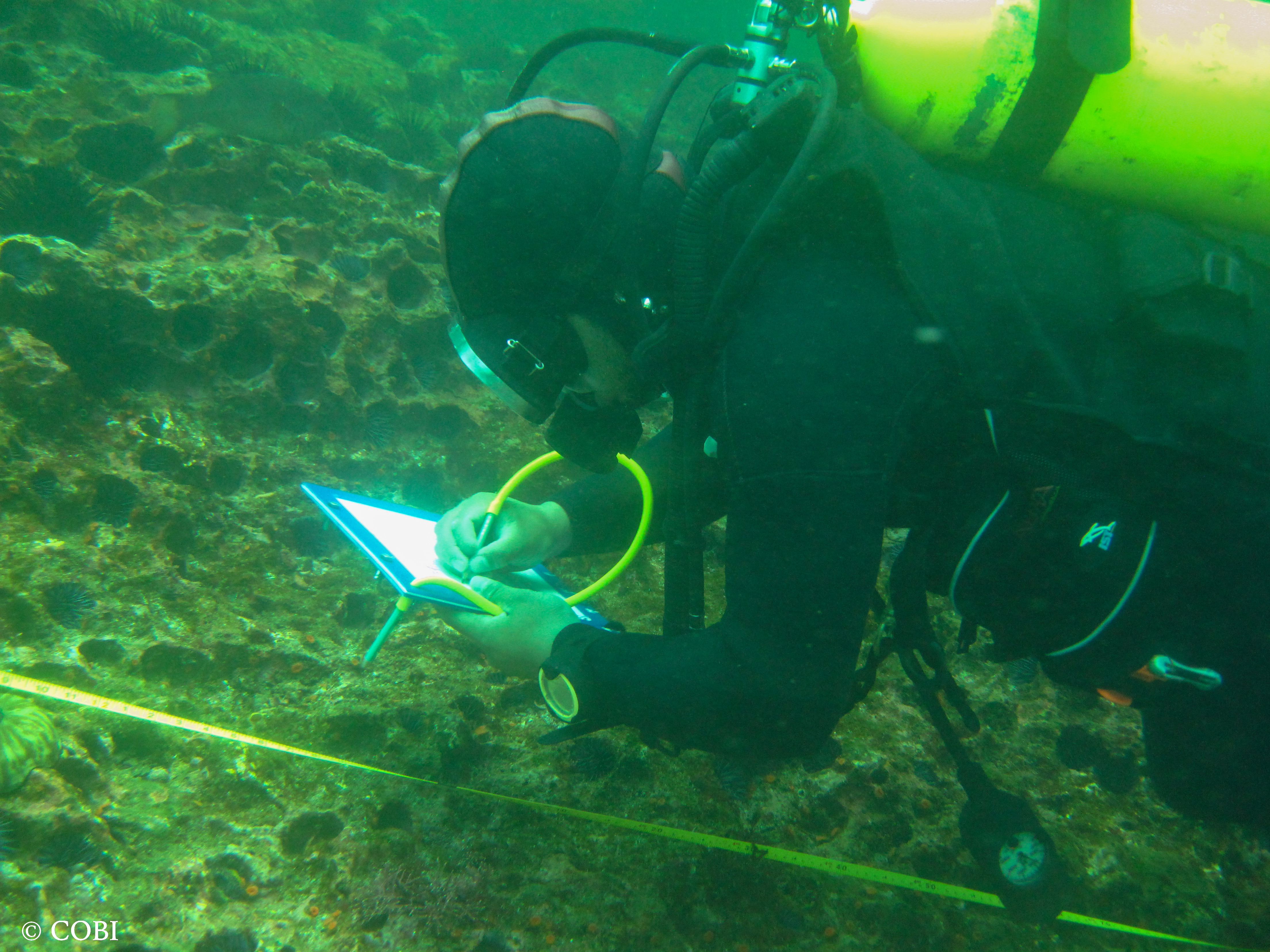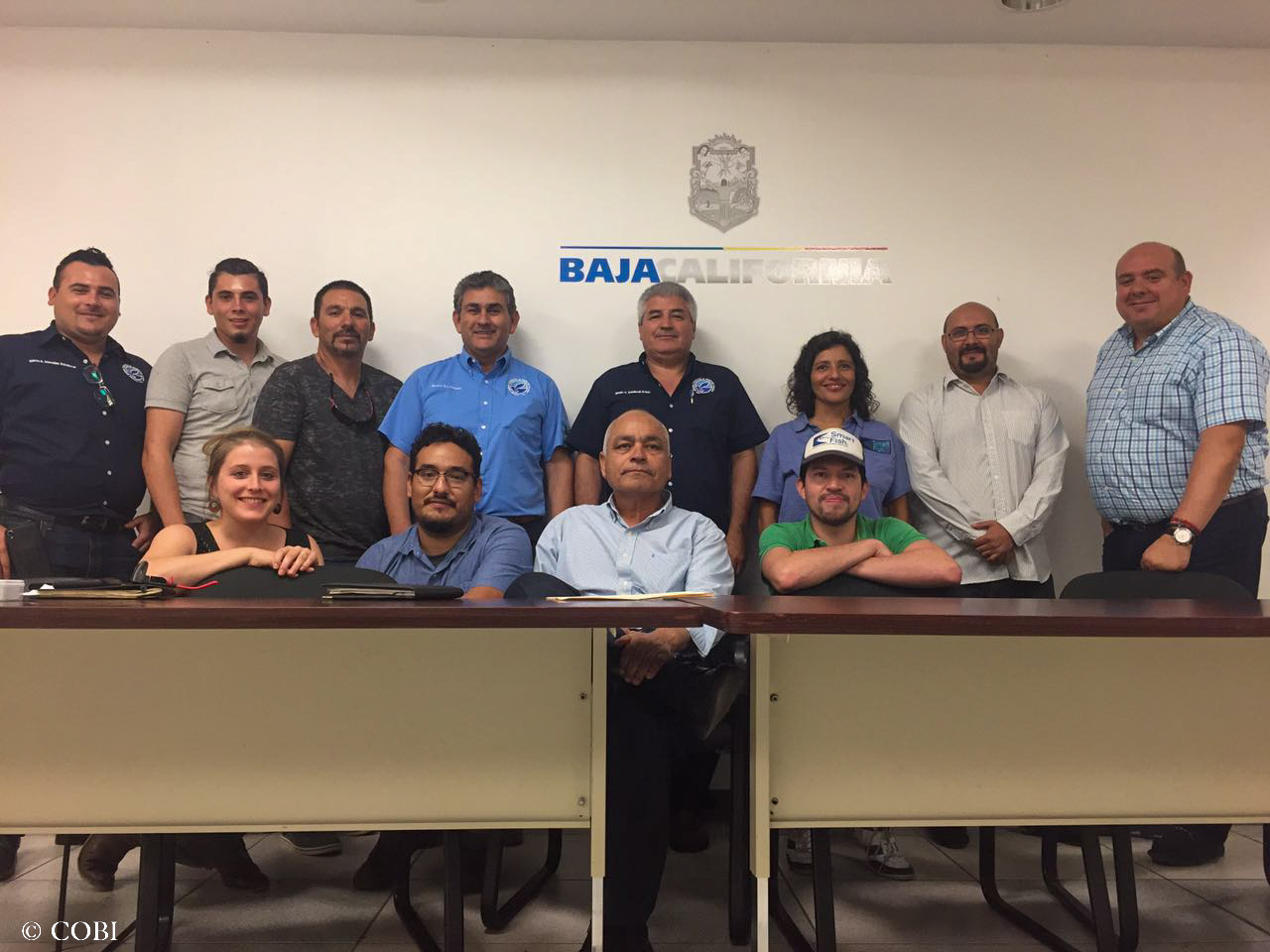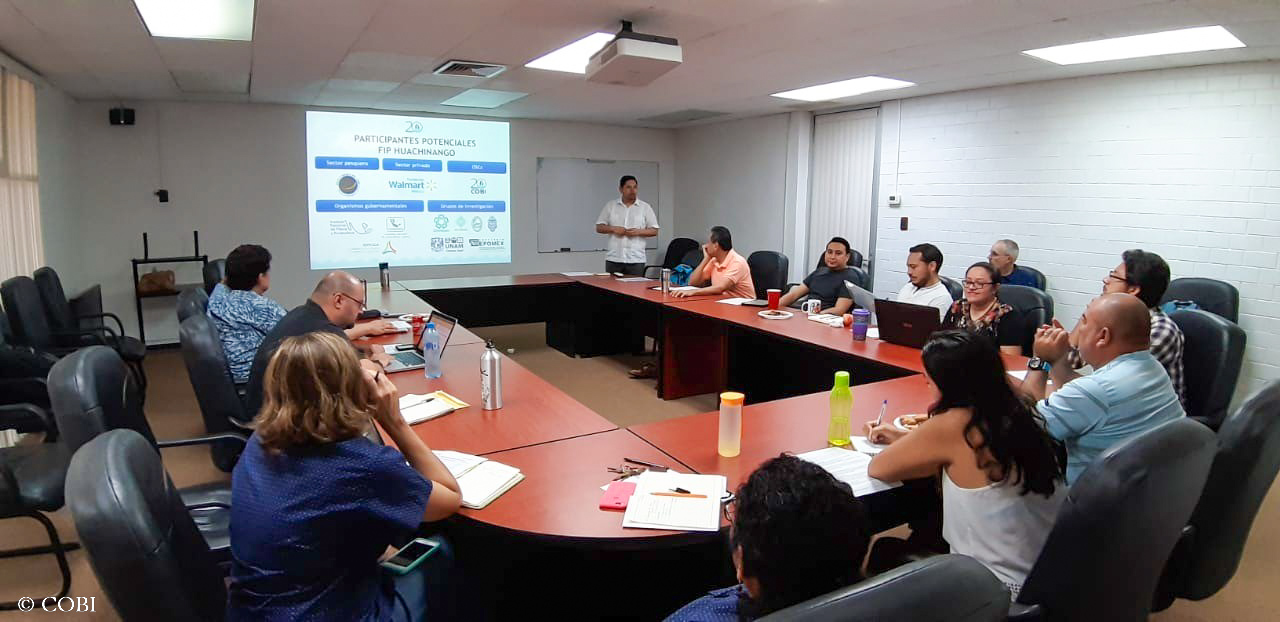



To achieve fisheries sustainability, it is necessary to have the participation of all stakeholders involved in decision making. In this way, they share responsibilities and rights for the use and management of resources, conflict resolution, and knowledge exchange. This is what is known as co-management of fisheries; where those involved become allies and collaborate to achieve the same objective.
To achieve this, all potential allies were first identified: fishing communities, the government sector, academia, civil society organizations and the market. They were invited to collaborate and a series of meetings were held with the participation of all stakeholders, where the project, its objectives and goals were designed. Stakeholders were invited to be part of the project and to contribute to it from their experience and field of work. This was formalized by signing a memorandum of understanding. Now, biannual meetings are held to present the progress made and establish the next goals, always seeking transparency and fostering trust and equitable participation.
- Involve all the different stakeholders involved: fishermen and fisherwomen, government, academia, civil society organizations and the market.
- Establish roles and responsibilities within the project for each actor involved in order to create an environment of alliance among all.
- Hold meetings, at least twice a year, to present the progress made and propose new objectives.
- Recognize and validate traditional and community fisheries agreements before the government sector.
- Train fishermen and fisherwomen on management tools, regulations, resource biology and the importance of generating information on their fishery. Knowing the rights and obligations derived from the right of access to fishery resources generates a greater sense of responsibility.
- Maintain efficient communication with stakeholders to identify opportunities and challenges. Also, this maintains the group's motivation to continue participating and getting involved in the project.
- In addition to the improvements that have been made in the fishery at the initiative of the producers, with the support of the government sector, academia and civil society organizations, this teamwork has generated positive effects on the social structure of the communities, providing them with more and better capacities to make their decisions.
- It also transfers knowledge to new generations, increases interest in participating and generates information and knowledge, promoting a sense of belonging to the ecosystem and resources.